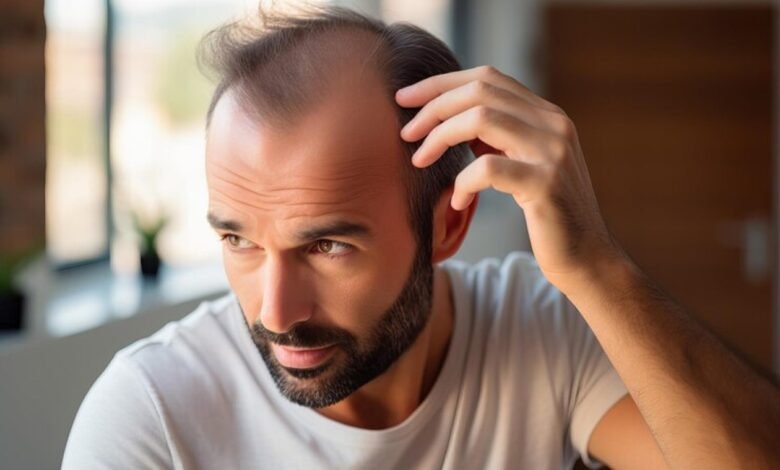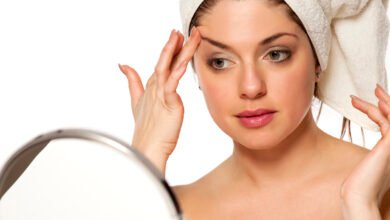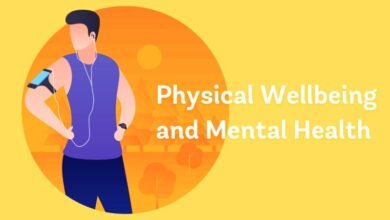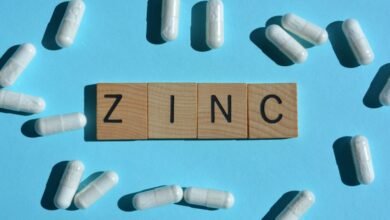How to Prevent Hair loss through proper diet and supplements

Hair loss is a common concern affecting many individuals. While it can be attributed to various factors such as genetics, stress, and medical conditions, one often overlooked aspect is the impact of diet and supplements on hair health. Understanding how dietary choices and nutritional supplements can influence hair loss is crucial in maintaining a healthy mane.
Understanding Prevent Hair Loss
Hair loss can occur due to several reasons, including genetics, hormonal changes, poor nutrition, and certain medical conditions. Recognizing the types of hair loss and their causes is fundamental to addressing the issue effectively.
Genetics and Hormonal Factors
Genetic predisposition and hormonal imbalances play a significant role in various types of hair loss such as androgenetic alopecia or male/female pattern baldness.
Nutritional Deficiencies and Poor Diet
A lack of essential nutrients in the diet, such as protein, iron, vitamins, and minerals, can lead to weakened hair follicles, resulting in hair loss.
Read More: 9 Supplements That Can Improve Your Health Well-Being
Role of Diet in Hair Health
Prevent Hair loss: Diet plays a crucial role in maintaining healthy hair. What you eat directly impacts the health and strength of your hair.
Impact of Diet on Hair Health
A balanced diet rich in proteins, vitamins, and minerals is vital for promoting hair growth and preventing hair loss.
Essential Nutrients for Healthy Hair
Prevent Hair loss: Certain nutrients like biotin, vitamin D, iron, and omega-3 fatty acids are essential for healthy hair growth.
The Power of Supplements
Incorporating supplements can fill the nutritional gaps in your diet and support hair health.
Best Foods for Hair Health
Prevent Hair loss: Include foods like eggs, spinach, nuts, and fatty fish in your diet for their hair-boosting properties.
Meal Plans for Healthy Hair
Planning meals that are rich in these nutrients can significantly impact hair health.
Balanced Diet and Hair Loss Prevention
Prevent Hair loss: Maintaining a well-balanced diet consistently can play a crucial role in preventing hair loss and promoting healthy hair growth.
Lifestyle Changes for Healthy Hair
Prevent Hair loss: The article emphasizes the significance of making adjustments to one’s daily routine and habits to promote optimal hair health and reduce the risk of hair loss. Lifestyle changes can include various practices such as managing stress levels, ensuring proper hair care routines, maintaining a balanced diet, staying hydrated, getting adequate sleep, and avoiding damaging habits like excessive heat styling or harsh treatments. By incorporating these positive changes into everyday life, individuals can significantly contribute to the overall health and vitality of their hair, preventing potential issues like hair loss and fostering healthier, stronger hair.
Natural Remedies and Practices
Prevent Hair loss: In addition to a nutritious diet, natural remedies like scalp massages and essential oils can promote hair health.
Supplement Safety and Effectiveness
Prevent Hair loss: The crucial aspect of using supplements for maintaining hair health and preventing hair loss. It emphasizes the importance of understanding the safety and efficacy of supplements before incorporating them into one’s routine. This section advises individuals to research and select supplements from reputable sources, considering those approved by regulatory bodies or recommended by healthcare professionals. Additionally, it stresses the necessity of being mindful of the potential side effects or interactions with other medications when taking supplements. Consulting a healthcare provider or a professional before starting any new supplement regimen is recommended to ensure they are safe, effective, and suitable for an individual’s specific health needs.
Consulting a Professional
Prevent Hair loss: The importance of seeking advice or guidance from a qualified expert, such as a dermatologist or a nutritionist, regarding matters related to hair health and prevention of hair loss. This involves reaching out to a professional with expertise in these areas to gain personalized guidance or an in-depth analysis of one’s hair health. The purpose is to ensure that individuals receive accurate information, specific to their needs, which can aid in maintaining healthy hair and preventing hair loss. Consulting professionals helps in making informed decisions and taking proactive steps towards effective care for one’s hair.
Myths About Hair Loss and Diet
- Myth: Shaving your head makes hair grow back thicker.Fact: Shaving your head doesn’t affect the thickness or rate of hair growth. It may seem thicker initially due to the blunt ends but has no impact on actual growth.
- Myth: Only men experience hair loss.Fact: Both men and women can experience hair loss due to various reasons, including genetics, stress, and nutritional deficiencies.
- Myth: Using more shampoo will prevent hair loss.Fact: Over-shampooing can strip the hair of its natural oils, leading to dryness and potential breakage, but it doesn’t prevent hair loss.
- Myth: Diet has no impact on hair health.
- Fact: A balanced diet rich in essential nutrients is crucial for healthy hair growth and preventing hair loss.
- Myth: Wearing hats causes hair loss.
- Fact: Wearing hats doesn’t cause hair loss unless they are excessively tight and cause traction alopecia due to constant pulling.
- Myth: Stress doesn’t affect hair health.
- Fact: Stress can contribute to hair loss; managing stress levels is essential for overall hair health.
- Myth: Hair loss is only due to aging.
Fact: While age can play a role, other factors like genetics, nutritional deficiencies, and stress can also lead to hair loss at any age.
Dispelling these myths helps individuals make more informed decisions about their hair care routine, leading to better practices for maintaining healthy and strong hair.
Consistency in Habits
Prevent Hair loss: Consistency in maintaining a balanced diet and healthy lifestyle practices is key to witnessing long-term improvements in hair health.
Read More: 8 Tips to Promote Your Health Seminar in 2023
Conclusion
In conclusion, the journey to preventing hair loss through a combination of a balanced diet and carefully selected supplements is a proactive approach to maintaining a healthy and vibrant mane. Understanding the significance of nutrition, balanced meals, and lifestyle choices can significantly reduce the risk of hair loss while promoting optimal hair health.
By recognizing the influence of genetics, hormonal factors, and nutritional deficiencies, individuals can take charge of their hair’s well-being. Incorporating essential nutrients like biotin, vitamin D, iron, and omega-3 fatty acids into their diet can help in nourishing hair follicles and fostering healthy hair growth.
While supplements can be beneficial in filling nutritional gaps, it’s vital to exercise caution and ensure their safety and efficacy. Consulting with healthcare professionals or experts in the field is advisable to receive personalized guidance and recommendations tailored to individual needs.
Additionally, addressing lifestyle changes, such as stress management and proper hair care routines, can further enhance the effects of a balanced diet and supplements. Consistency in maintaining these habits is key to witnessing long-term improvements in hair health.
FAQs
Are supplements alone sufficient to prevent hair loss?
While supplements can aid in addressing nutritional deficiencies, a balanced diet and lifestyle changes are equally crucial for preventing hair loss.
Can specific foods cause or trigger hair loss?
Certain foods can contribute to hair loss if consumed in excess, but a well-rounded diet usually helps in hair health.
How long does it take to see results by altering diet for hair health?
Results vary for each individual, but consistently following a balanced diet typically shows improvements in a few months.
Are there any natural remedies that work effectively for hair health?
Scalp massages with essential oils like peppermint or rosemary oil can promote hair health, but individual results may vary.
Should I seek professional advice if I notice sudden hair loss?
Sudden hair loss may indicate underlying health issues, so consulting a healthcare professional is advisable.







